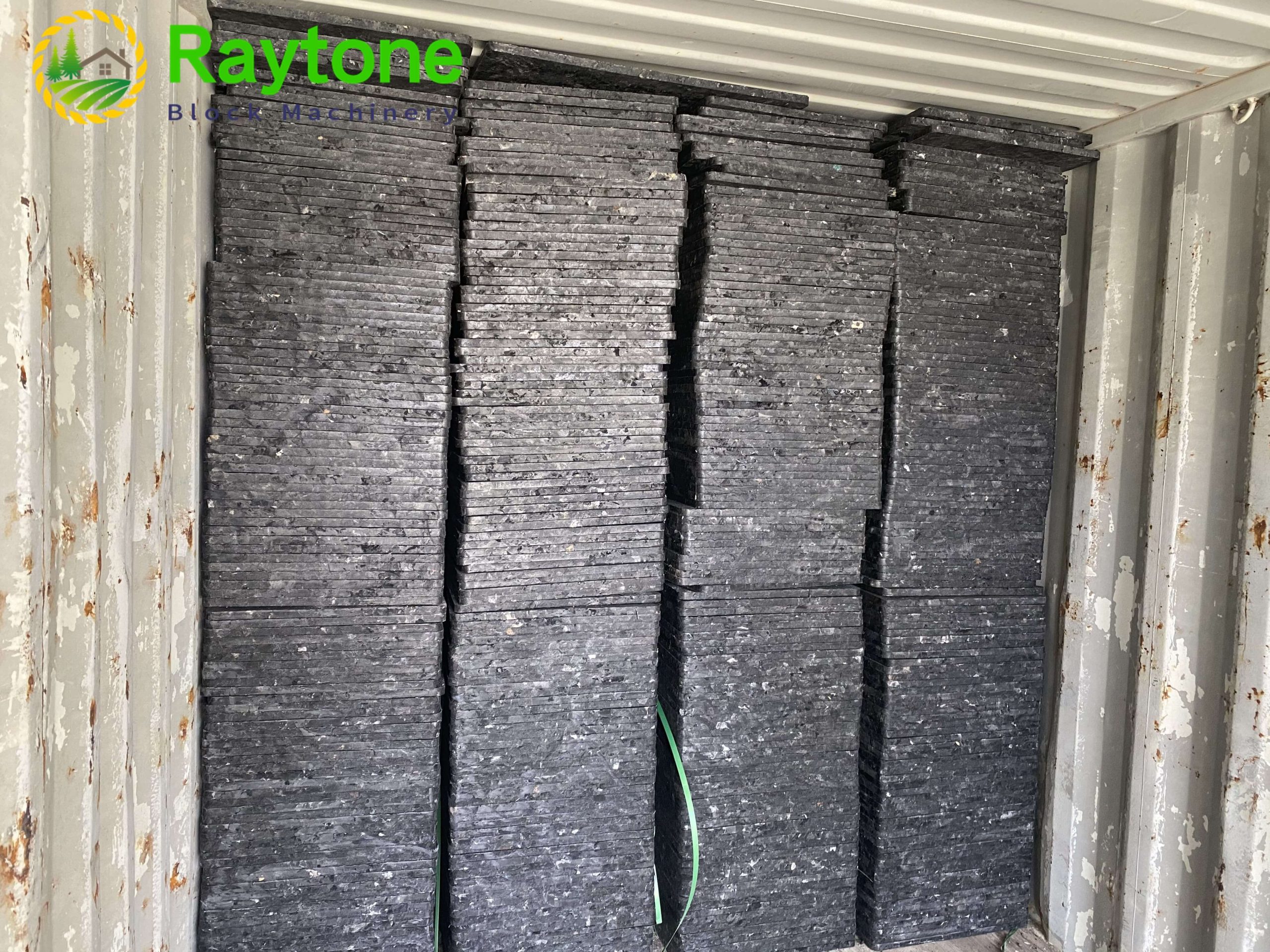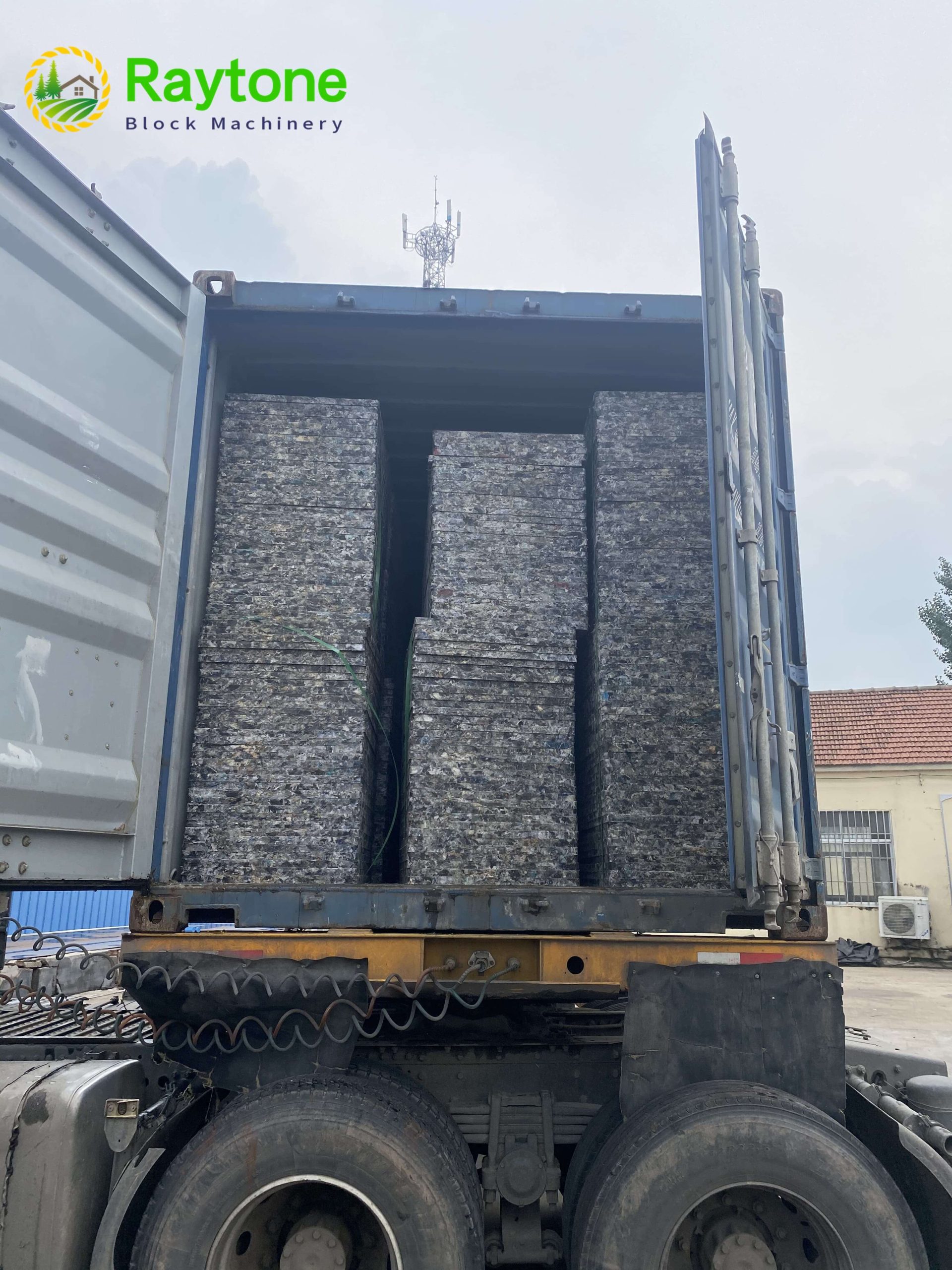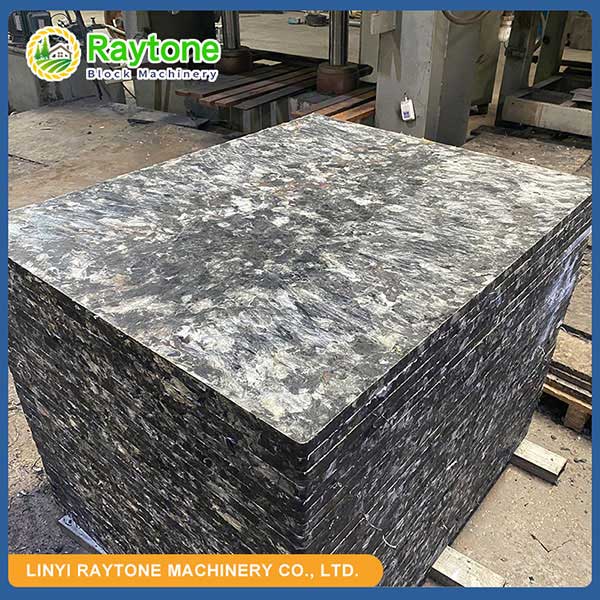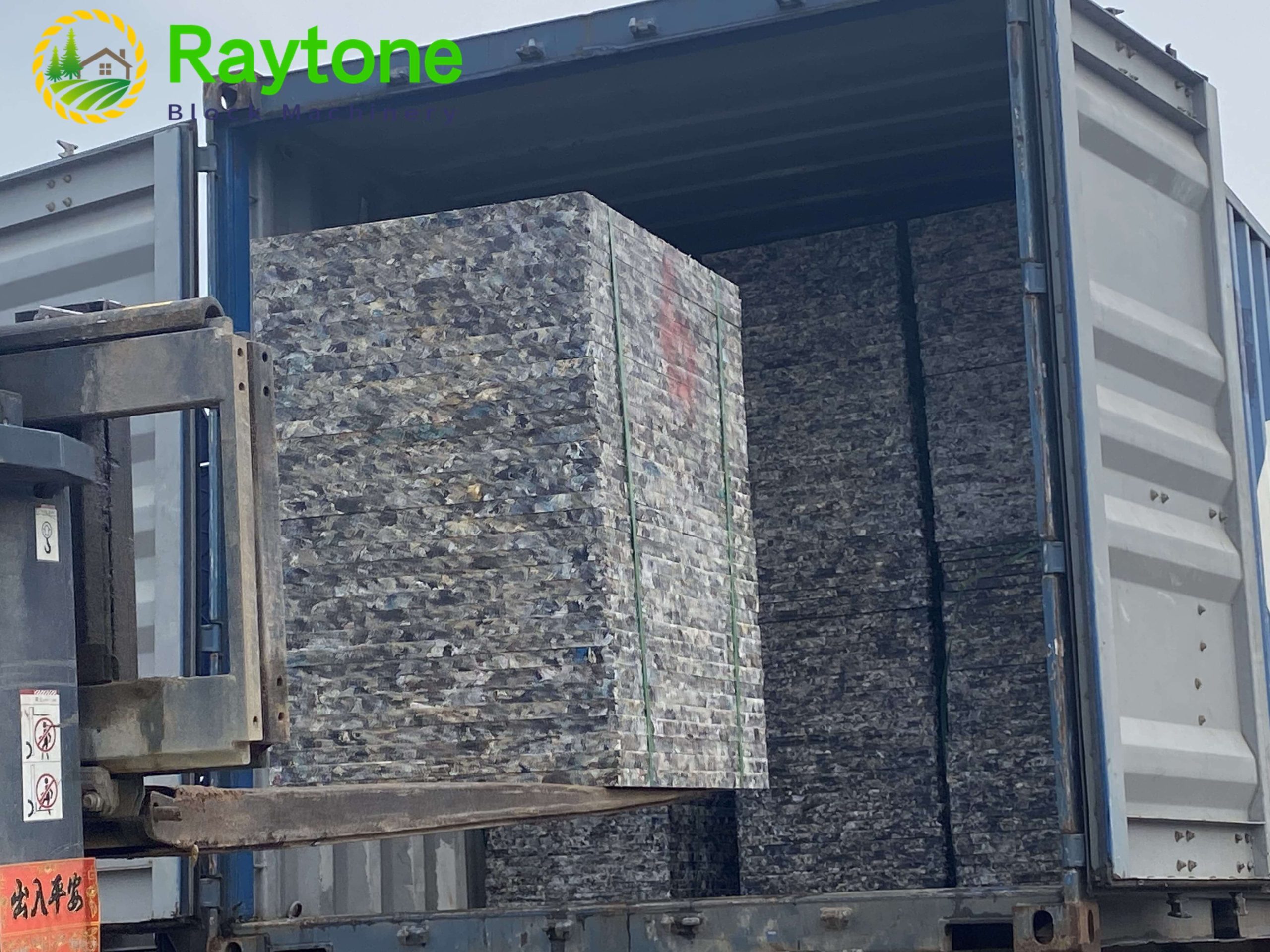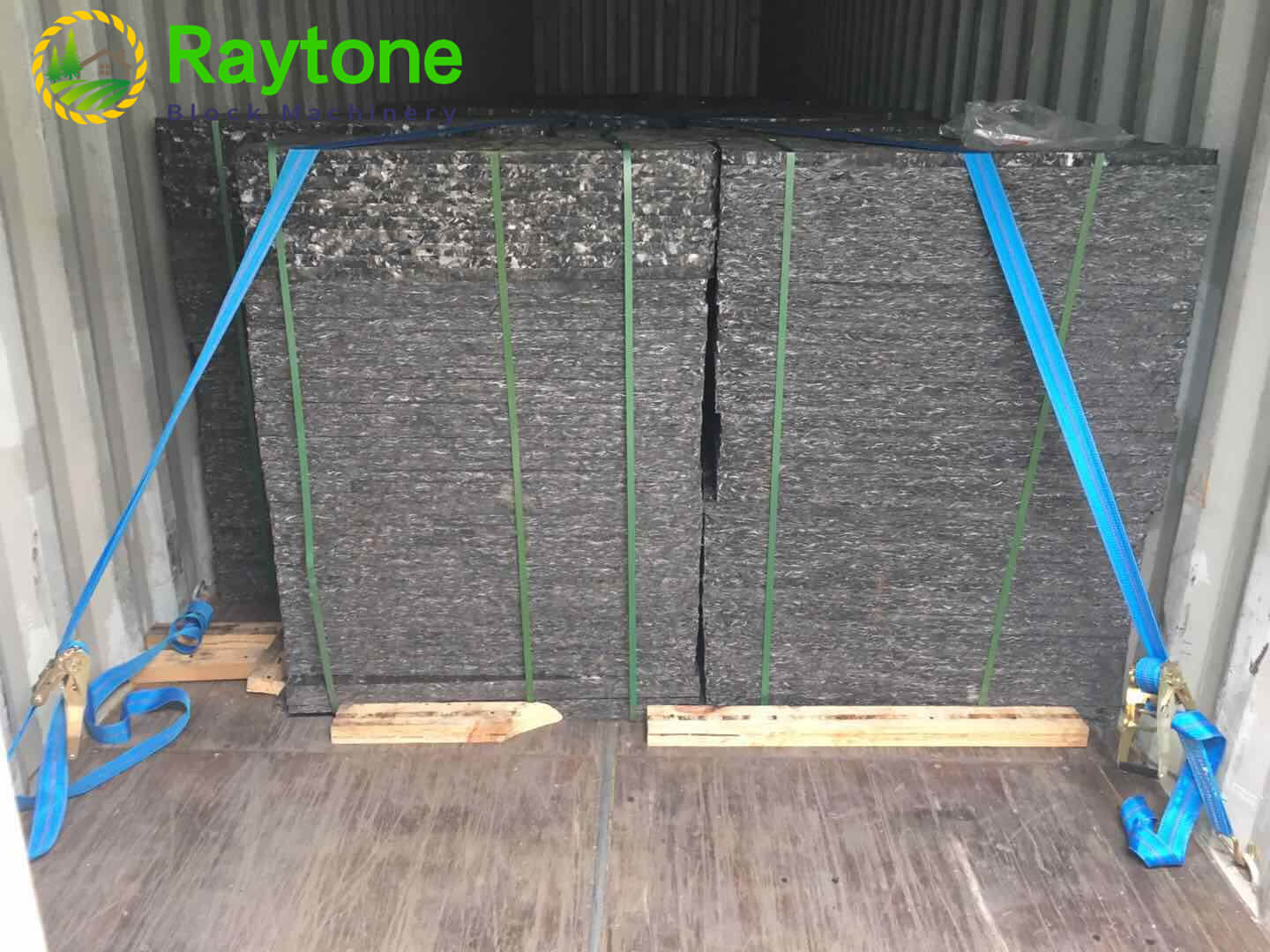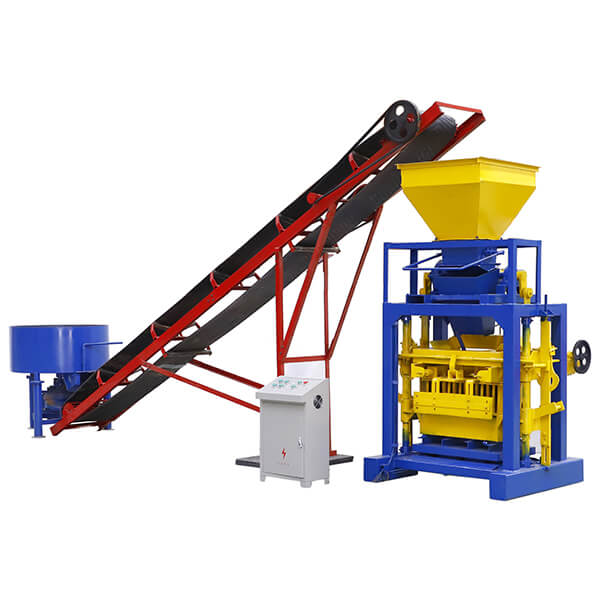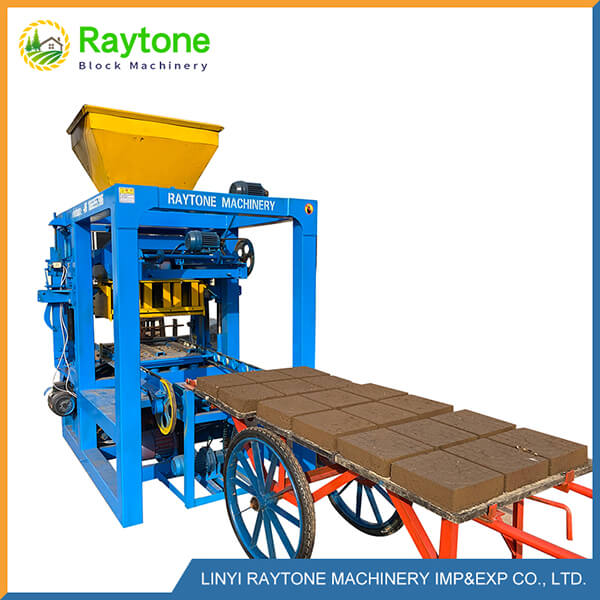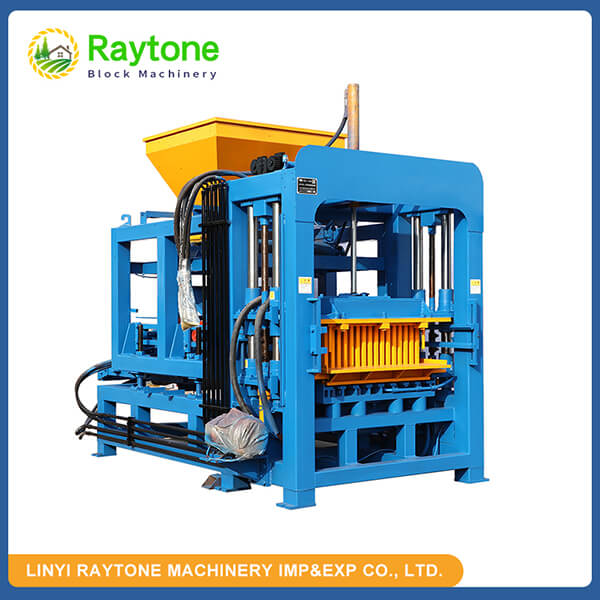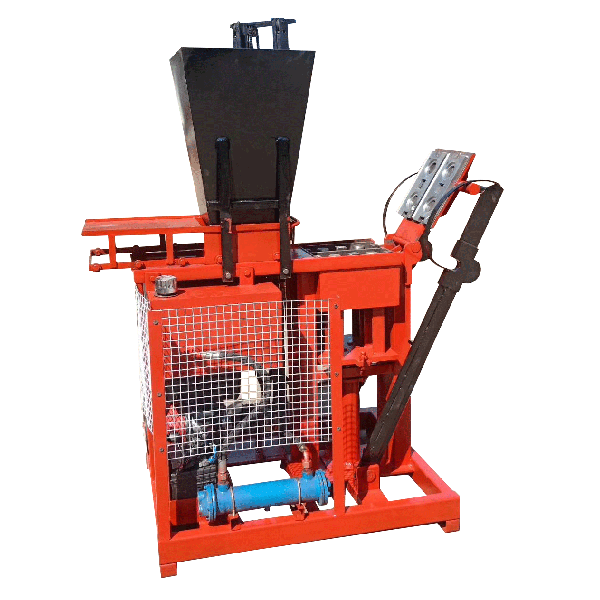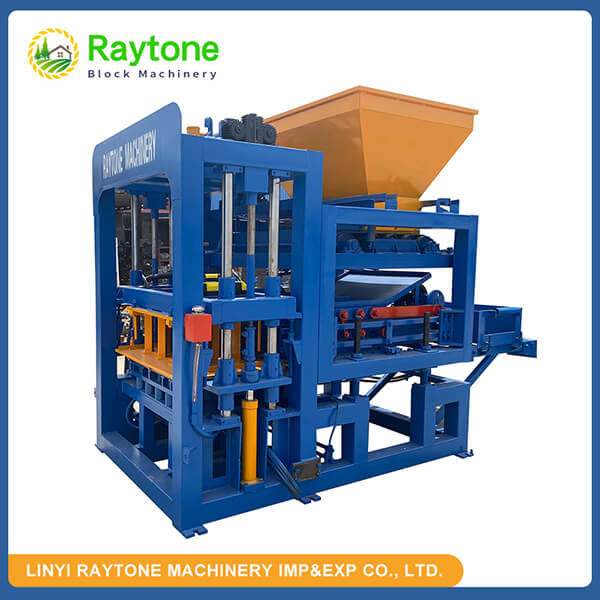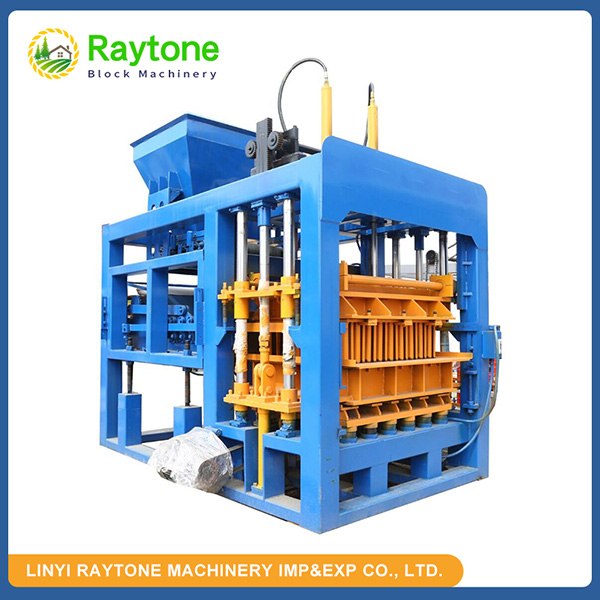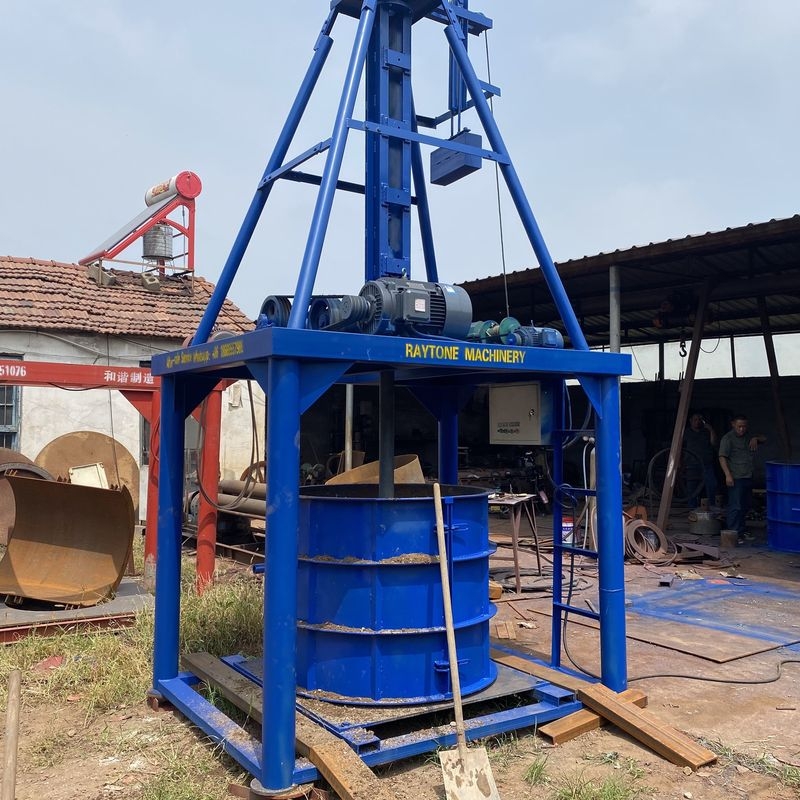Maintaining your concrete pipe machine is crucial for ensuring its longevity, efficiency, and consistent production of high-quality pipes. Regular upkeep not only prevents unexpected breakdowns but also optimizes performance, reduces operational costs, and enhances safety. This comprehensive guide will explore essential maintenance practices, from daily inspections to long-term care strategies, that will keep your concrete pipe machine running smoothly. By following these tips, you’ll maximize your equipment’s lifespan, minimize downtime, and maintain the superior quality of your concrete pipe production.
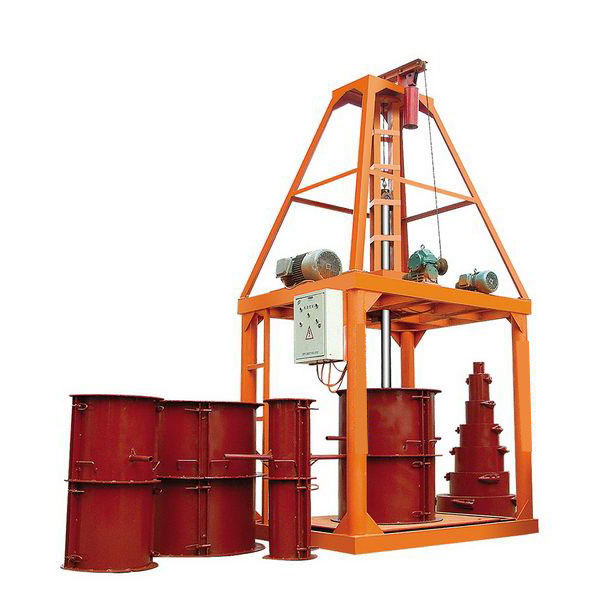
Daily Maintenance Routines for Optimal Performance
Pre-operation Checks and Inspections
Before starting your concrete pipe machine each day, conduct a thorough visual inspection. Look for any signs of wear, loose bolts, or damaged components. Check all fluid levels, including hydraulic oil and lubricants, topping up as necessary. Ensure all safety guards are in place and functioning correctly. These simple checks can prevent minor issues from escalating into major problems.
Cleaning and Lubrication Practices
Cleanliness is paramount in maintaining your concrete pipe machine. After each production cycle, remove any concrete residue from the molds, hoppers, and conveyor systems. Use appropriate cleaning agents and tools to prevent buildup that could affect machine performance. Regularly lubricate all moving parts according to the manufacturer’s specifications to reduce friction and wear.
End-of-Day Shutdown Procedures
Proper shutdown procedures are as important as startup checks. After the day’s production, clean the machine thoroughly, paying special attention to areas prone to concrete accumulation. Inspect for any damage or unusual wear that may have occurred during operation. Address any minor issues immediately to prevent them from worsening overnight. Properly store any removable parts to protect them from moisture and contaminants.
Weekly and Monthly Maintenance Tasks
Comprehensive Component Inspections
Performing thorough inspections of your concrete pipe machine’s essential parts on a weekly basis is critical to maintaining smooth operation. This includes carefully checking the condition of molds for any signs of wear or damage, inspecting hydraulic systems for leaks or pressure inconsistencies, and verifying that all electrical connections are secure and functioning correctly. Monthly inspections should be more extensive, ideally involving professional technicians who can access hard-to-reach components and thoroughly assess complex systems to identify potential issues before they escalate.
Calibration and Adjustment Procedures
Regular calibration of the concrete pipe machine is necessary to ensure consistent production quality and adherence to precise specifications. This process involves fine-tuning vibration parameters to achieve optimal concrete compaction, realigning molds to maintain dimensional accuracy, and adjusting the concrete mixture ratios for proper consistency. Proper calibration not only results in higher-quality pipes but also improves machine efficiency, reduces material waste, and minimizes the risk of defective products, thereby enhancing overall operational effectiveness.
Preventive Replacement of Wear Parts
Proactively replacing components subject to regular wear is a key preventive maintenance practice. Parts such as mold liners, seals, and hydraulic elements experience constant stress and are prone to deterioration over time. Scheduling replacements before these parts fail helps avoid unexpected downtime and costly repairs. Maintaining an inventory of commonly needed spare parts allows for quick replacements, ensuring continuous production flow. This approach extends the lifespan of the machine and supports consistent product quality by preventing sudden breakdowns during critical operations.
Long-Term Maintenance Strategies
Scheduled Major Overhauls
To ensure the longevity and optimal functioning of your concrete pipe machine, it is essential to plan for major overhauls at intervals specified by the manufacturer. These thorough maintenance sessions involve carefully disassembling the entire machine, conducting detailed inspections of every component, and replacing parts that show signs of wear or damage. Afterward, the machine is meticulously reassembled to restore it to peak operational condition. Although these overhauls can be time-intensive, they play a critical role in preventing unexpected breakdowns and maximizing the machine’s overall lifespan and productivity.
Technology Integration for Predictive Maintenance
Incorporating advanced technology into your maintenance strategy can transform how you care for your concrete pipe machine. By installing sensors and monitoring systems, you gain access to real-time data on key performance indicators such as temperature, vibration, and wear levels. This data allows for predictive maintenance, meaning you can anticipate when components require attention or replacement before a failure occurs. Adopting this approach reduces unexpected downtime, lowers repair costs, and helps optimize maintenance schedules for greater efficiency and machine availability.
Staff Training and Maintenance Documentation
A well-trained maintenance team is fundamental to sustaining your concrete pipe machine’s performance. Regular training sessions ensure operators and maintenance personnel are knowledgeable about correct machine operation and can identify early signs of potential problems. Empowered with this knowledge, staff can perform routine maintenance tasks confidently, preventing minor issues from escalating. Additionally, maintaining comprehensive records of all maintenance activities – including dates, specific procedures, and parts replaced – creates an invaluable resource for tracking the machine’s condition over time, supporting informed decisions about future upkeep and repairs.
Conclusion
Maintaining your concrete pipe machine is an ongoing commitment that pays dividends in terms of productivity, quality, and longevity. By implementing these daily, weekly, monthly, and long-term maintenance strategies, you’ll ensure your machine operates at peak efficiency for years to come. Remember, proactive maintenance is always more cost-effective than reactive repairs. With proper care, your concrete pipe machine will continue to be a reliable cornerstone of your production process.
Contact Us
At Raytone Machinery, we’re committed to helping you get the most out of your concrete pipe machine. Our expertise in block machines extends to comprehensive maintenance support, ensuring your equipment performs optimally throughout its lifecycle. For more information on our products or maintenance services, please contact us at hazel@raytonechina.com. Let us help you maintain your concrete pipe machine for unparalleled performance and longevity.
References
- Smith, J. (2023). “Concrete Pipe Manufacturing: Best Practices for Equipment Maintenance.” Journal of Construction Engineering, 45(3), 278-292.
- Johnson, L. et al. (2022). “Predictive Maintenance Strategies in Concrete Production Equipment.” International Conference on Industrial Maintenance and Reliability, 567-580. 3. Brown, R. (2021). “The Impact of Regular Maintenance on Concrete Pipe Quality.” Concrete Technology Today, 18(2), 45-58.
- García, M. (2023). “Integrating IoT in Concrete Pipe Machine Maintenance.” Smart Manufacturing Quarterly, 7(1), 112-125.
- Thompson, K. & Lee, S. (2022). “Cost-Benefit Analysis of Preventive Maintenance in Concrete Pipe Production.” Journal of Industrial Economics, 33(4), 401-415.
- Wilson, E. (2023). “Operator Training and Its Effect on Equipment Longevity in Concrete Manufacturing.” International Journal of Industrial Education, 12(3), 189-204.


